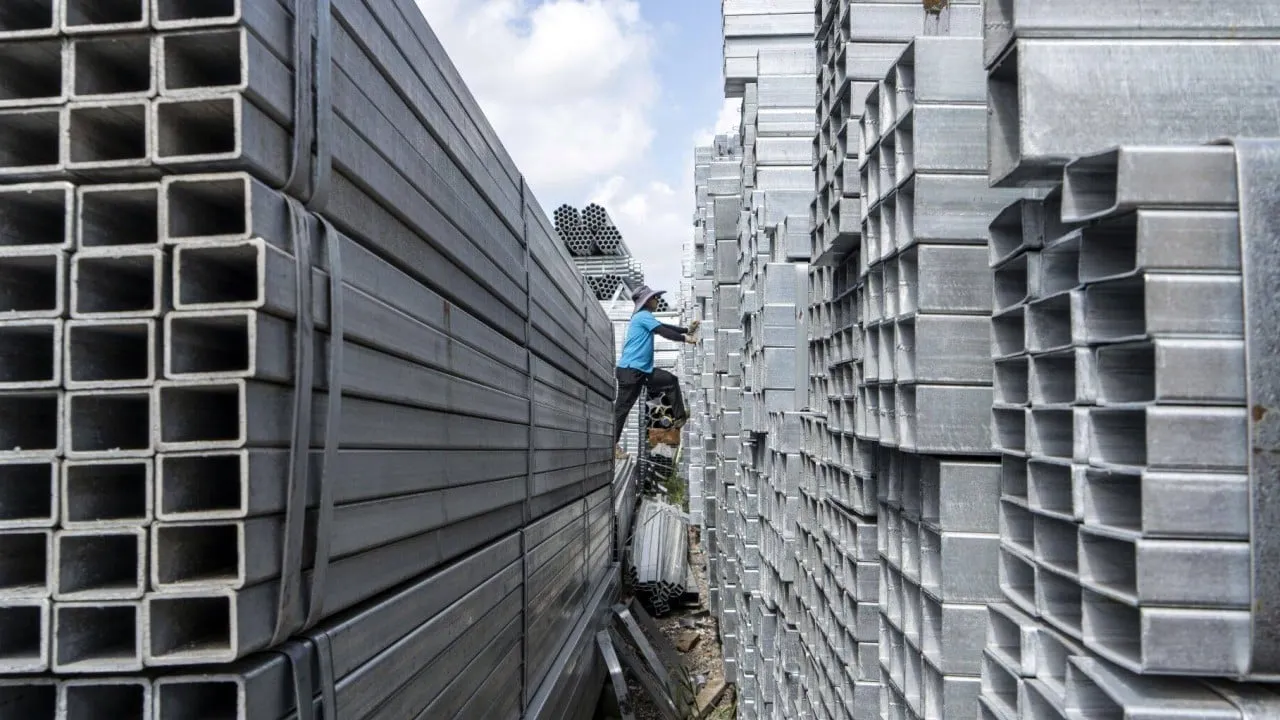Ministry of Industry and Information Technology Suspension of Capacity Swap Shakes China’s Steel Industry

Impact of MIIT’s Suspension on Steel Producers
The recent directive from the Ministry of Industry and Information Technology (MIIT) has mandated that all regions cease their steel industry capacity upgrade programs effective immediately. This comes in light of mounting losses faced by steelmakers, marking a period described by some as a 'harsh winter' for the sector, which has been struggling to recover since the 2008 global financial crisis.
The Goals of Capacity Management
Since 2015, the capacity replacement initiative aimed to enhance efficiencies by reducing iron and steel output and replacing older facilities with smaller, more efficient ones. However, with the MIIT's recent notice, the need for policy reassessment has become evident due to ongoing financial pressures and conflicts between existing regulations and market demands. Reports indicate significant productivity declines with a 2.2% decrease in steel output during the first seven months of 2023.
- According to analysts, many companies have continued to expand capacity despite restrictions, which complicates the industry's rehabilitation.
Consequences and Future of the Industry
This abrupt suspension could significantly disrupt the production schedules of integrated steel mills, leading to further bankruptcies and exit of less competitive companies from the market. Many experts believe that over 30% of current producers may face elimination in this consolidation wave.
Industry leaders have echoed sentiments about the dire state of affairs, indicating that the fallout may be worse than previous downturns in 2008 and 2015, suggesting a shift towards higher value-added products could be the future strategy for survival in the evolving economic landscape.
This article was prepared using information from open sources in accordance with the principles of Ethical Policy. The editorial team is not responsible for absolute accuracy, as it relies on data from the sources referenced.